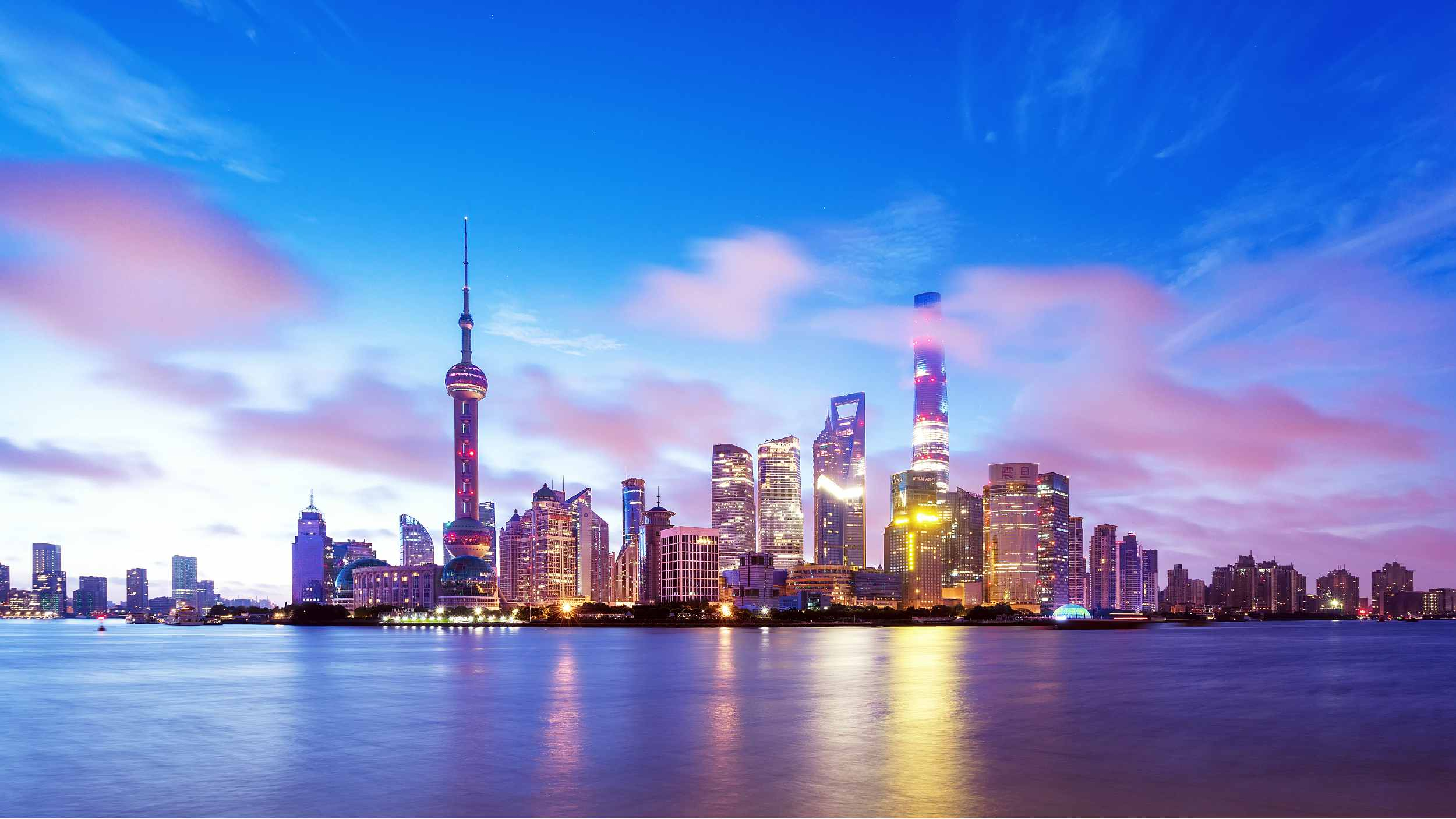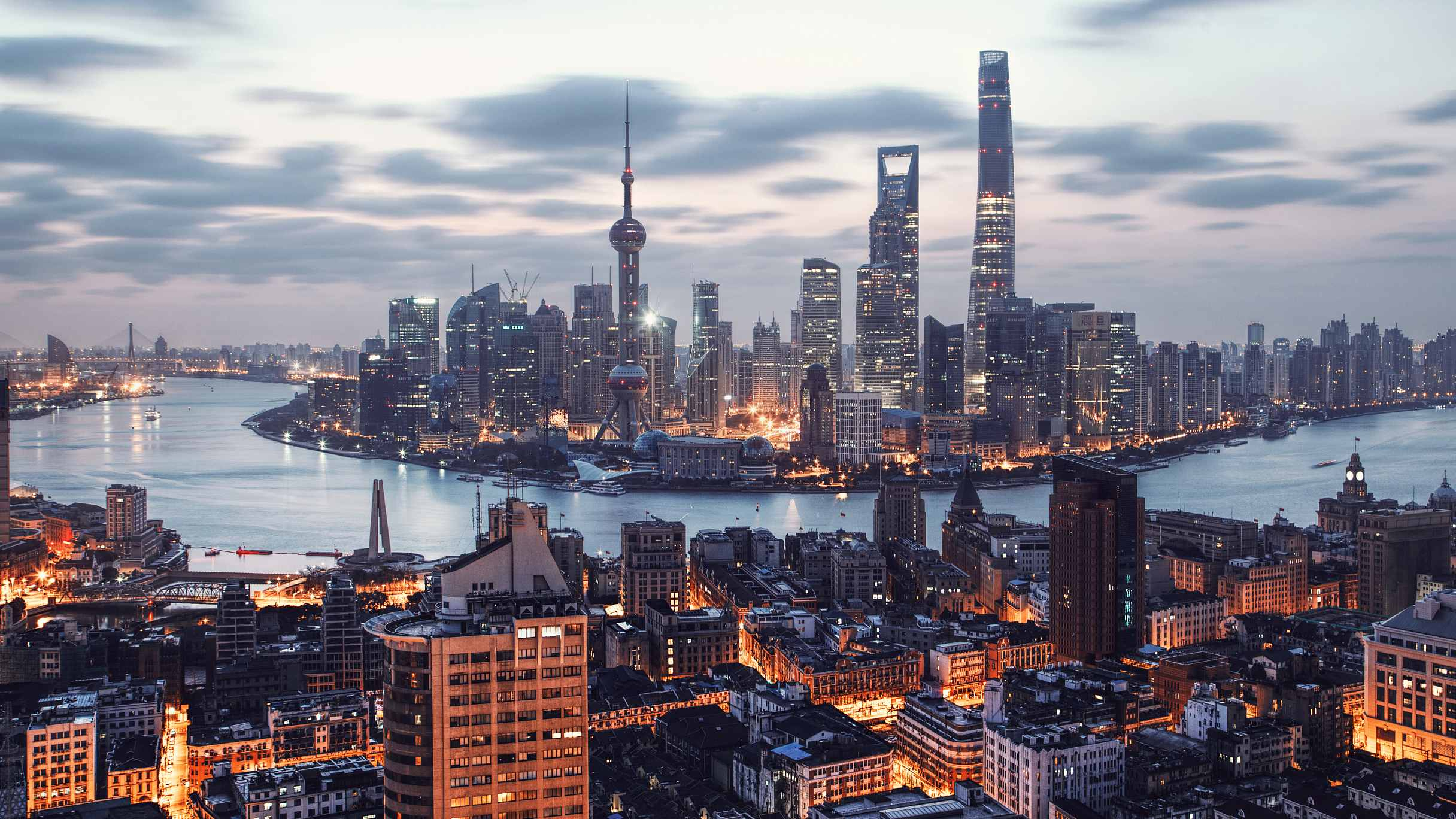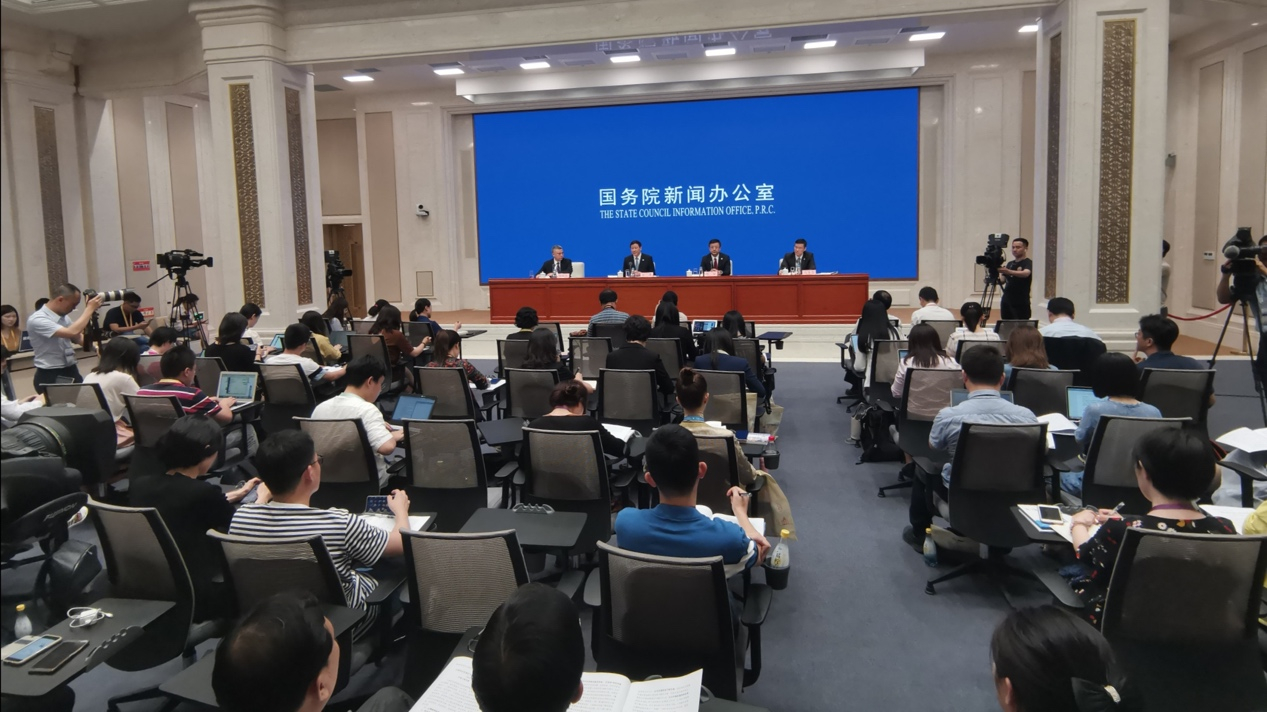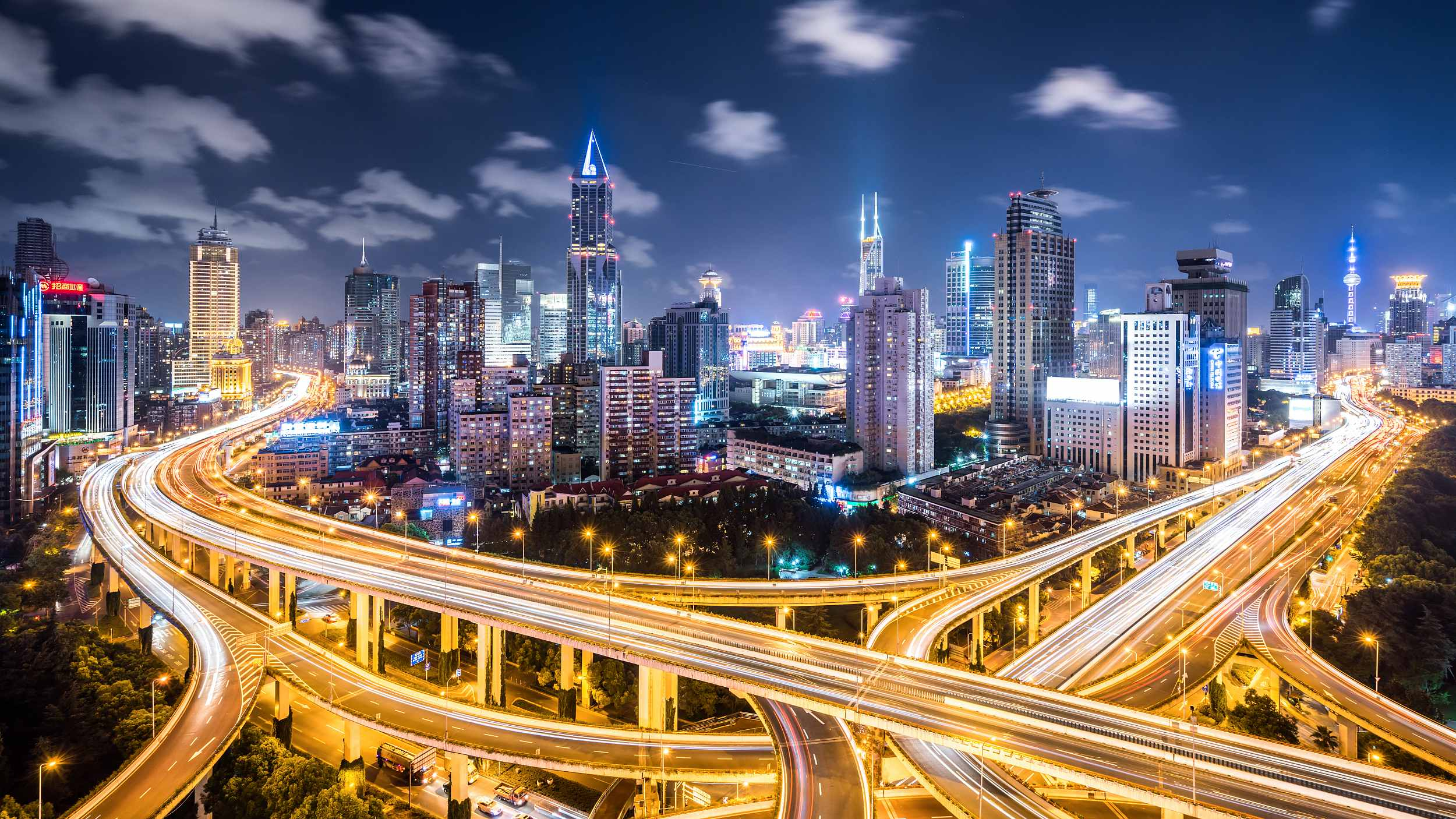

As an important gateway of China's reform and opening up, and a microcosm of the country's development achievements, Shanghai has always been an active player in the global stage and has risen to the fifth place in the ranking of the Global Financial Center Index (GFCI). With the 70th anniversary of the PRC's founding fast approaching, officials from Shanghai are sharing their stories of the vibrant city.
A press conference titled "furthering reform and opening up to comprehensively improve Shanghai's capacity and core competencies" was held at the State Council Information Office in Beijing on Tuesday to summarize the major achievements of the municipality over the past 70 years.
Present at the news conference were Ying Yong, deputy secretary of the Communist Party of China (CPC) Shanghai Municipal Committee and mayor of Shanghai; Chen Yin, member of the Standing Committee of the CPC Shanghai Municipal Committee and executive vice mayor of Shanghai; Ma Chunlei, deputy secretary-general of the Shanghai Municipal Government and director-general of the Shanghai Municipal Development and Reform Commission. They attended the press conference and answered a series of questions from reporters.

VCG Photo
What has Shanghai achieved economically?
From the economic side, in the past seven decades, the trading volumes of stock, foreign exchange and gold markets have been built from strength to strength, and are now among the top in the world, making Shanghai one of the few cities in the world with a complete system of financial markets.
In 2018, the total value of the city's financial market transactions surpassed 1.6 trillion yuan. "Shanghai Gold" and "Shanghai Oil," two benchmark prices of gold and oil markets, now exert a global influence. Shanghai has become a trade center with a stronger clustering and ripple effect.
The mayor said Shanghai will focus more on the liberalization of investment and trade, and make innovations and breakthroughs in more open policies and systems.
"We will focus on the convenience of investment and management, free movement of goods, convenient flow of capital, highly open transportation, free employment of personnel, as well as fast and convenient information. And at the same time, [we will] learn from the international standards," he added.

Officials at the press conference held at the State Council Information Office in Beijing, July 2, 2019. /CGTN Photo
In the sci-tech innovation area, a slew of major breakthroughs have been made in large passenger aircraft, quantum communications satellites and the Jiaolong deep-sea research submersible. Aviation, innovative drugs, smart manufacturing, new energy vehicles and other emerging industries are enjoying accelerated development, demonstrating the new strength of Shanghai's technological and industrial innovation.
What to expect from the China International Import Expo
The second China International Import Expo (CIIE) will be held from November 5-10. More than 50 countries have confirmed their participation in the national exhibition, and some 10 countries will be the guests of honor. The number of Fortune Global 500 companies and industry-leading enterprises confirming participation in the exhibition has increased from 200 last year to more than 250 this year.
One of the event's aims is to turn more exhibits into commodities, to promote more high-quality goods and services from all over the world to enter the Chinese market.
Tesla is a case in point. The company has located its new energy vehicle project in Lingang, Shanghai. The entire construction process has been completed, and is now at the stage of installment. In the future, Tesla's Model 3 will be manufactured in this factory.

VCG Photo
Comprehensive opening up of free trade zones
Shanghai will be pressing ahead with the reform and opening up of the China (Shanghai) Pilot Free Trade Zone (FTZ) across the board. Developing the FTZ is a national strategy and leads Shanghai to be the pioneer of reform and opening up.
Over the past five years, the FTZ has always committed itself to pilot programs and institutional innovation with three versions of a master plan. With a view to make itself a testing ground for pilot comprehensive reforms, stress tests, government capacity building, as well as a hub for the Belt and Road Initiative and "going global" efforts, the FTZ has pressed ahead with institutional innovation regarding investment, trade, finance and concurrent and ex-post regulation, and striven to build a law-based, international business environment.
Since its establishment, the FTZ has attracted over 60,000 new companies, which exceeded the total in Shanghai in the 20 years before its inception.

VCG Photo
Covering one-fiftieth of the land, the FTZ contributes a quarter of the city's GDP and tax revenue, and is home to 45 percent of multinational corporation's regional headquarters and foreign R&D centers.
In addition, by benchmarking itself against high standards, the FTZ has formulated the plan for a new section and will implement more open policies and systems to build a more competitive special economic function zone with a bigger international impact.
Going forward, Shanghai will add a new section to the China (Shanghai) Pilot Free Trade Zone, pilot the registration-based IPO system, and implement the national strategy of integrated development of the Yangtze River Delta.

Copyright © 2018 CGTN. Beijing ICP prepared NO.16065310-3
Copyright © 2018 CGTN. Beijing ICP prepared NO.16065310-3